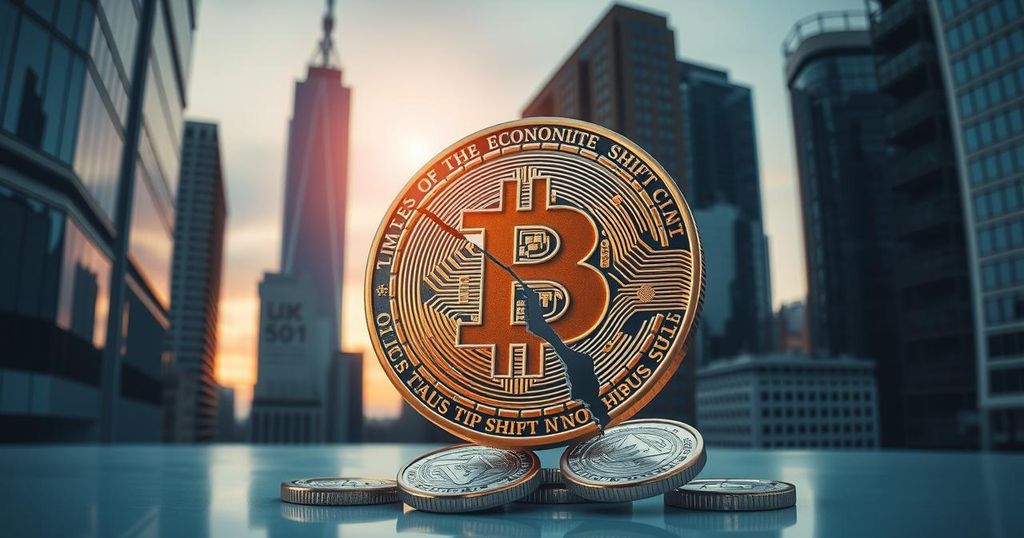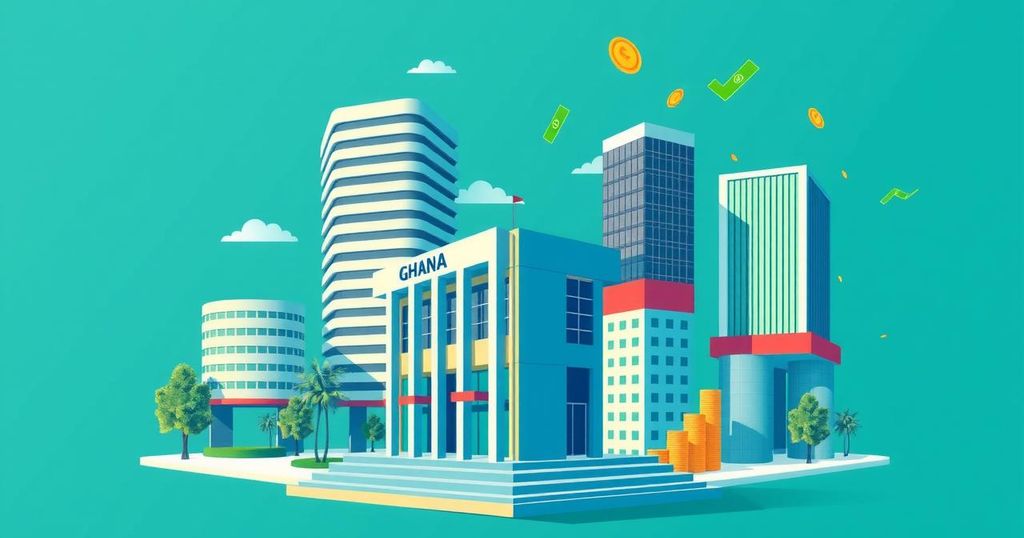El Salvador has reformed its Bitcoin Law, ceasing to mandate Bitcoin as legal tender. The ruling party’s changes came after low adoption rates and pressure from the IMF. While the price of Bitcoin may still attract governmental interest, many Salvadorans perceive it as complex and risky, reflecting the broader struggle of integrating cryptocurrency into everyday financial practices.
El Salvador has decided to abandon its experiment with Bitcoin as legal tender, a status it adopted in 2021 as the first country globally. This decision was largely influenced by a reform approved by Congress, aimed at securing a $1.4 billion credit from the International Monetary Fund (IMF). The reform removed the term “currency” in the context of Bitcoin, making acceptance of it in transactions optional for private enterprises, thereby diminishing its previously mandated role as legal tender.
Despite Bitcoin’s initial introduction with great fanfare by President Nayib Bukele, many Salvadorans did not embrace its use. A recent survey revealed that 92% of citizens did not utilize Bitcoin for transactions in 2024. The reforms reflect a significant withdrawal from the government’s efforts to promote Bitcoin, with critics having long suggested that such initiatives were impractical for the average citizen.
The government’s struggle with Bitcoin is evidenced by former Central Bank President Carlos Acevedo’s criticism, who described the law as unclear and confusing. Even with the reform, Acevedo noted that labeling Bitcoin as “legal tender” does not align with its use as it is effectively voluntary. Similarly, economist Rafael Lemus asserted that Bitcoin should never have been imposed on the population, emphasizing that it now lacks the intent to function as legal tender.
President Bukele’s ambitious plans for Bitcoin, including a high-tech Bitcoin City, have not materialized, and many ventures have faltered. Local areas that once attracted Bitcoin enthusiasts, such as Berlin and El Zonte beach, are now primarily populated by foreign residents rather than locals, indicating a lack of domestic adoption. While the government maintains that it will continue to hold Bitcoin as part of its reserves, skepticism remains regarding its viability as a currency within the local economy.
Despite the recent reforms, officials, including El Salvador’s ambassador to the United States, reaffirm their commitment to Bitcoin. The government continues its investment in cryptocurrency, with considerable reserves held in Bitcoin. Transparency regarding public investment in Bitcoin is crucial, particularly as President Bukele expresses optimism for a potential revaluation of the currency. Overall, the announcement and subsequent changes reflect a significant retreat from the ambitious economic experiment with Bitcoin in El Salvador.
In September 2021, El Salvador became the first country to adopt Bitcoin as legal tender, with the hope that it would stimulate economic growth and inclusiveness. President Nayib Bukele heralded this change as part of a progressive economic strategy, aiming to attract investment and modernize financial transactions. However, the adoption faced significant resistance among the local population, who were not well-versed in cryptocurrency concepts, leading to ineffective implementation and widespread reluctance to utilize Bitcoin in everyday transactions. The failure to establish a Bitcoin-friendly environment and several unfulfilled promises resulted in rising criticism from economists and citizens alike, ultimately prompting the government to backtrack on its earlier commitments.
The abandonment of Bitcoin as legal tender in El Salvador underscores the challenges of integrating cryptocurrency into traditional economies. Initial enthusiasm gave way to widespread disillusionment among citizens, highlighting the impracticality of using Bitcoin as a common currency. The recent legal reforms suggest an adaptation to economic realities dictated by external conditions, particularly those set by the IMF. Although the government pledges to continue its investment in Bitcoin, the future of cryptocurrency in El Salvador remains uncertain and fraught with challenges.
Original Source: ticotimes.net




